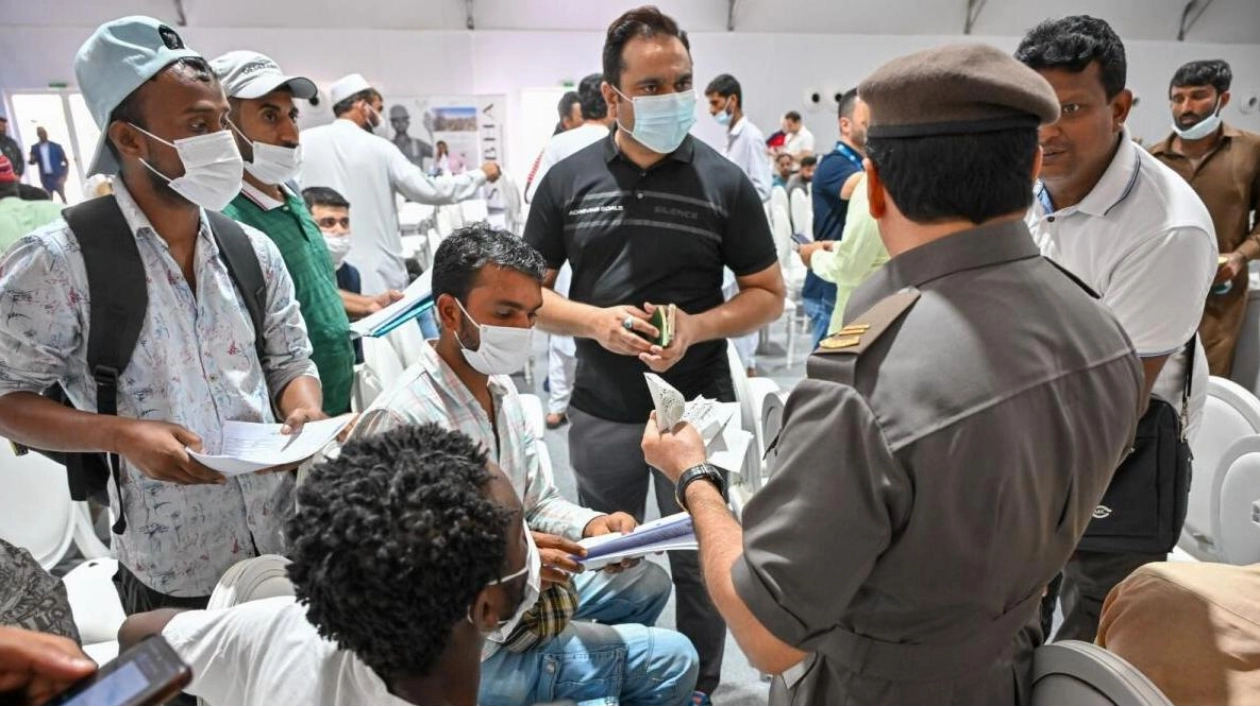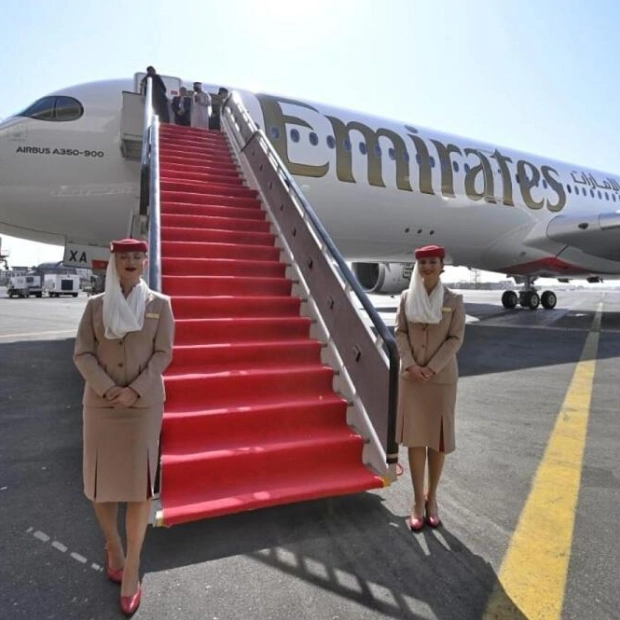Mariam, an Indonesian domestic worker, found herself stranded in the UAE, cut off from basic medical care and essential grocery trips, and separated from her husband and two young sons since February 2022. Unable to return home after arriving on a visit visa arranged through an agency for IDR 8,410.70 (Dh2,000), a substantial sum saved by her and her husband, a sugarcane juice vendor, Mariam's initial optimism gave way to despair. "When I first wanted to come to the UAE, I never thought I’d get into a situation like this," she recounted. For much of her time in the UAE, Mariam lived under the constant threat of deportation as an overstayer. However, the UAE’s visa amnesty scheme has now granted her a legal visa, providing much-needed relief.
"I’ve been counting the days until this amnesty scheme was announced. I was scared about the process and how I’d manage to sustain myself," Mariam shared. She learned about the program through TikTok. Initially, Mariam's experience in the UAE was marked by hardship. She entered the country with a promised job through an Indonesian agency, only to have her passport confiscated and endure harsh working conditions. "I worked tirelessly, with no idea when I would see my family next. My only solace was the brief video calls with my sons and the money I sent home," she recalled. After enduring mistreatment for three months, Mariam fled, becoming a 'visa violator.'
Mariam faced additional challenges, including dealing with an unregistered group that exploited workers. Her situation improved when she found employment in a new household that assisted in resolving her visa issues and waiving the Dh27,000 fine for her overstay using the amnesty scheme. With her visa issue resolved, Mariam is now working on obtaining a new passport and feels a renewed sense of hope. "I’m incredibly grateful for this scheme. I want to stay in the UAE and continue working to support my family," she said, reflecting her newfound optimism and stability.
The UAE’s visa amnesty scheme has not only provided legal relief but also restored Mariam’s hope for a better future. "When I wanted to come to the UAE, I never thought I’d be in a situation like this, but with God’s grace, everything is okay now," she smiled. While Mariam tackled her legal challenges alone, several non-profit organisations in the UAE assist expatriate workers in similar predicaments to utilise the amnesty scheme.
The UAE’s visa amnesty scheme, announced on September 1, allows residence visa violators a two-month grace period to have their overstay and visa violation fines waived. The grace period, valid until October 31, exempts violators from financial penalties in accordance with the Federal Law on the Entry and Residency of Foreigners. Rex Prakash, co-founder at Smart Life Foundation, a non-government organisation based in the UAE focused on uplifting blue-collar workers, highlights two significant improvements in this year’s amnesty scheme. "This year’s amnesty scheme allows individuals who have overstayed their visas to regularise their status or leave the UAE without paying fines or exit fees," he said.
The Smart Life Foundation has been identifying and assisting people stranded in such situations, showing them a way to return home. In its most recent efforts, the organisation has helped six individuals who had been stranded on the streets with no means or knowledge of how to rescue themselves. Mohammed, Faheem, and Padma were found surviving on a rooftop terrace by Smart Life Foundation’s volunteers. "Our situation is very bad at the moment. When I lost my passport, I didn’t have an answer for my wife when she called from back home asking when I’m coming back," said Mohammed. He had been residing in the UAE for the past six years and lost his passport after the company he was working for filed an absconding complaint against him when he moved jobs.
While the amnesty scheme helps people who are truly helpless and stranded find their way out of the UAE, there are loopholes that allow for misuse. "There are people using the scheme to clear backlogs and then return immediately to continue working without proper documentation," said UAE-based social activist Riji Joy. "Amnesty should not only be about waiving fines and regularising status but also addressing the root issues of working on visit visas and how it affects both workers and companies." The UAE government has implemented various ethical recruitment methods and utilised platforms like the Abu Dhabi Dialogue (ADD) to engage with origin countries and global supply chains.
While the 2024 amnesty scheme has been a significant success, registering over 2,000 people in its first week, it primarily focuses on reinstating expatriates to their previous jobs with minor improvements to their job titles or conditions. To enhance future editions of the amnesty scheme, it may be beneficial to include provisions for better job opportunities, lifting expatriates from low-paying positions and further improving their circumstances.






